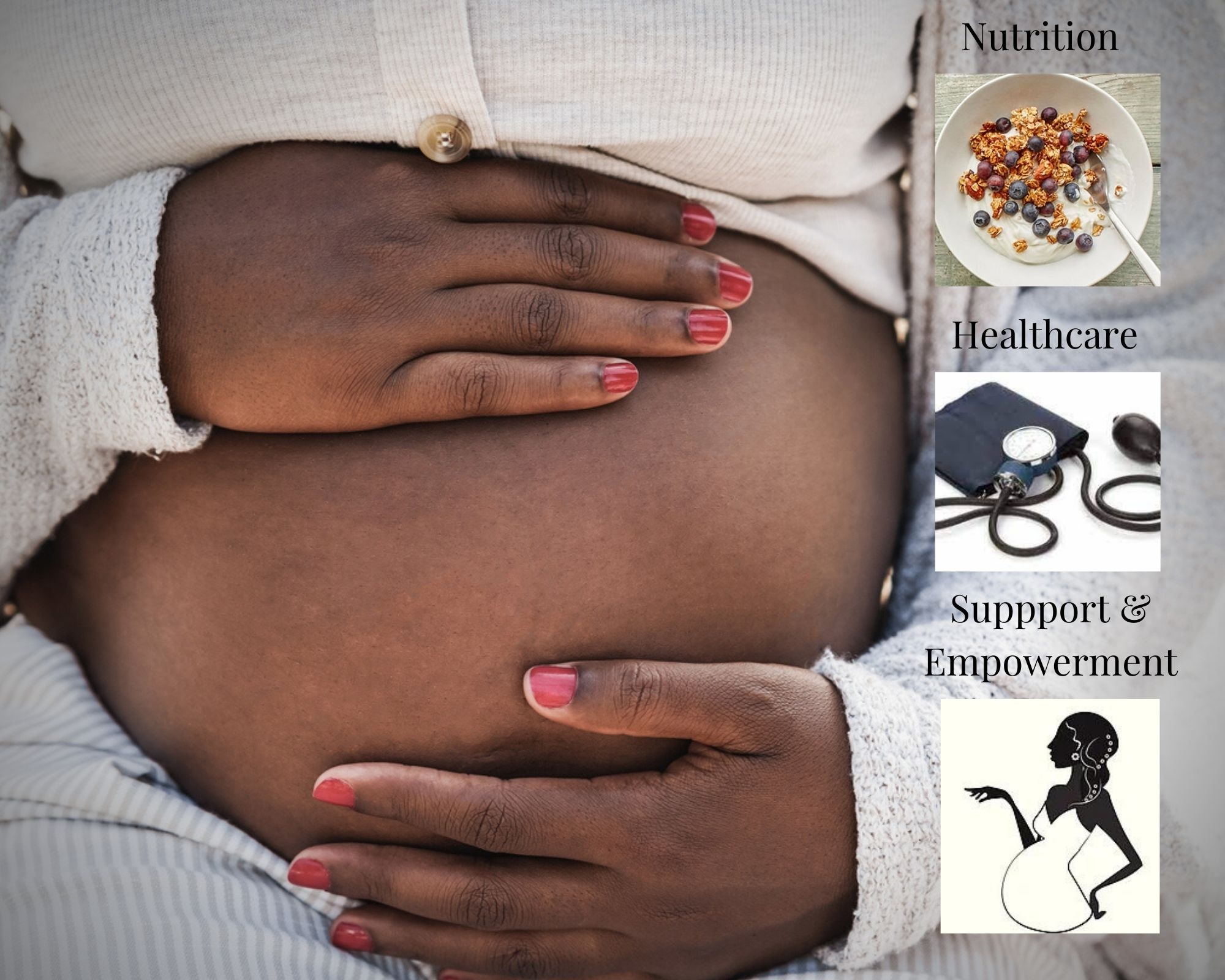
Written by Khuselwa Tembani
Many South Africans live in extreme poverty and experience hunger. Statistics show that as of 2020, 16.31 million South Africans lived in extreme poverty. The Food Poverty Line (FPL) is now at R624 per capita per month (Statistics South Africa, 2021) while child support grant currently stands at R460 and the SRD grant at R350, there is a 15.1% and 28.1% difference respectively between the social grants offered to people and the current FPL. Recently, many countries have experienced an ongoing crisis of inflation in food prices due to various factors, including the ongoing war in Ukraine. Inflation in South Africa resulted in food price inflation up to 6.7% in February of this year, higher than overall inflation in the country, which was at 5.7%. In summary, unemployment is rising, inflation is increasing the cost of essential goods and services, and social grants remain lower than the food poverty line (child support grant at R460 and emergency SRD at R350 per month). What this all means is that the poor are barely affording a living, and food poverty is worsening. The ones who face the brunt of the general increase in the cost of living, especially food poverty, that this article is concerned about are pregnant women.
According to research conducted on pregnant women in South Africa, hunger and inadequate nutrition are some of the main issues they face. Although these women have a fetus wholly dependent on their nutritional intake, they are unable to access the nutritious food they need, and some cannot afford the number of meals they need per day. One’s first reaction might be to condemn these women for conceiving; I had this short-sighted reaction to this complex phenomenon; it is complex for many reasons. Historically, South Africa has been an unequal country where the majority of its people have suffered oppression and poverty; at the same time, the 10% minority enjoys 85% of the country’s household wealth. This history has shaped the lives that many are able to lead; others are lucky enough to find themselves better positioned in the hierarchy despite the historical injustices their families faced. However, most are left in the remains of a system designed to oppress every aspect of their lives, including their reproductive and sexual health.
The question is why are having a public discussion about whether or not poor women in our societies have the right to autonomy over their own bodies? Why do we have to understand and approve of decisions they make about their own lives? All these questions highlight the oppressive entitlement we have over women's bodies, especially when they lack social and economic resources and capital. This lack thus justifies taking away the only thing they have, which is control over their bodies. It is not the point of this article to discuss the audacity we have to decide what's best for a woman only because they live in poverty and are systemically oppressed. Instead, that discussion would take away from the urgent hunger experienced by pregnant women, which absolutely affects their experiences of pregnancy and the fetus they carry.
The growth of a fetus and its long-term health after birth is influenced by the state of the pregnancy, meaning the health of the pregnant woman and her pregnancy experience directly affects the fetus. Thus, hunger during pregnancy and a lack of nutritious food put the fetus in a vulnerable position to nutritional and developmental deficiencies such as stunting and other long-term consequences on their health (Scorgie, Blaauw, Dooms, Coovadia, Black, & Chersich, 2015). The first 1000 days of a child's life are said to be the most important; this includes the first 270 days during pregnancy. Despite this, too little attention and concern are given to the circumstances under which pregnant women live and survive during those 270 days, with the various complex physical, social and economic needs that arise from pregnancy. While the government provides social welfare, it is barely enough to cover basic needs and doesn't cover pregnant women's needs; therefore, poor women have limited means to ensure their own nutritional needs are met during pregnancy. To carry a fetus to term requires effort, commitment and sacrifice. Pregnancy introduces financial pressures, including an increased volume and variety of food required to support the pregnancy, reduces the woman’s ability to work, and introduces travel costs for visits to health facilities (Lund, Field & Honikman, 2018). Poverty causes disempowerment in poor pregnant women (Scorgie, Blaauw, Dooms, et al. 2015). They face endless barriers to accessing antenatal and obstetric services, making them reluctant or unable to insist on their right to health care. The consequences of which affect both the woman and fetus.
This is the point of the advocacy behind a child support grant that is extended to pregnancy; it is an advocacy that understands the multifaceted and complex nature of the experience of pregnancy. This intersectional approach recognizes the multiplicity of factors that influence attendance or timely attendance of antenatal care sessions, the experience of positive pregnancy and thus positive pregnancy outcomes for both the woman and the fetus. The factors influencing pregnancy outcomes are social, cultural, political and economic. Our responsibility is to lessen the burden of pregnancy instigated by these factors and thus decrease the risk to maternal health and the rates of maternal mortality. The first step to supporting poor pregnant women through this intersectional approach is the essential step of providing them child support grants during pregnancy. There are more considerations around this topic which haven't been covered here. However, none of these would have changed the fact that poor pregnant women are experiencing hunger and insufficient nutritional intake. During this international crisis of inflation, specifically food price inflation, they are struggling to meet their basic needs both for themselves and their fetuses.
